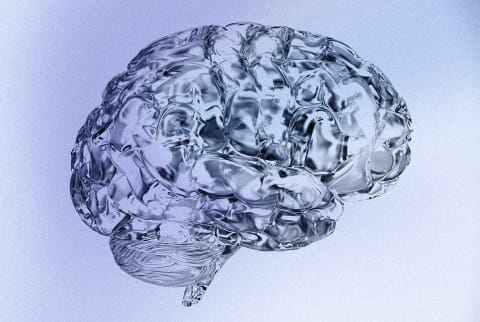Why? It’s the question that haunts us when a loved one dies by suicide or makes a suicide attempt. Sometimes, it seems like there are no warning signs, and people feel blindsided. And for the individuals who are in pain and have thoughts about ending their life, it’s the unanswerable question. Why can’t I stop thinking this way? Why can’t I find a way out of the pain? Suicide is highly complex, and there is no single or simple answer as to why some people become ensnared in suicidal thoughts and behaviors. But our brain imaging work at Amen Clinics reveals that at least part of the answer lies in the brain. We have performed brain scans on more than 300 people who have attempted suicide and on hundreds more who have had suicidal thoughts. The vast majority of these people share some combination of these characteristics: Car accidents, falls, sports injuries, and other incidents can damage the brain in ways that increase the risk of depression, anxiety, anger, impulsivity, poor decision-making, and substance abuse. All of these issues have been associated with a greater incidence of suicidality. At Amen Clinics, SPECT scans show that an alarming 40% of patients have had a brain injury; however, the vast majority of them don’t recall getting injured or don’t think their injury was significant enough to mention. Most people never make the connection between a past head injury and mental health conditions or suicidal ideation. An Amen Clinics study found problems with the left temporal lobe in 62% of individuals who had made a suicide attempt or who had suicidal thoughts. In people who are vulnerable to suicidality, engaging in behaviors that decrease PFC activity—such as drinking alcohol—increases the risk of suicide. Research4 in Injury Prevention shows that 22% of those who died by suicide were intoxicated at the time. People with suicidal thoughts can call the crisis lifeline and 988 to receive free support. Resources are also available on the Substance Abuse and Mental Health Services Administration (SAMHSA) website: https://www.samhsa.gov/.



